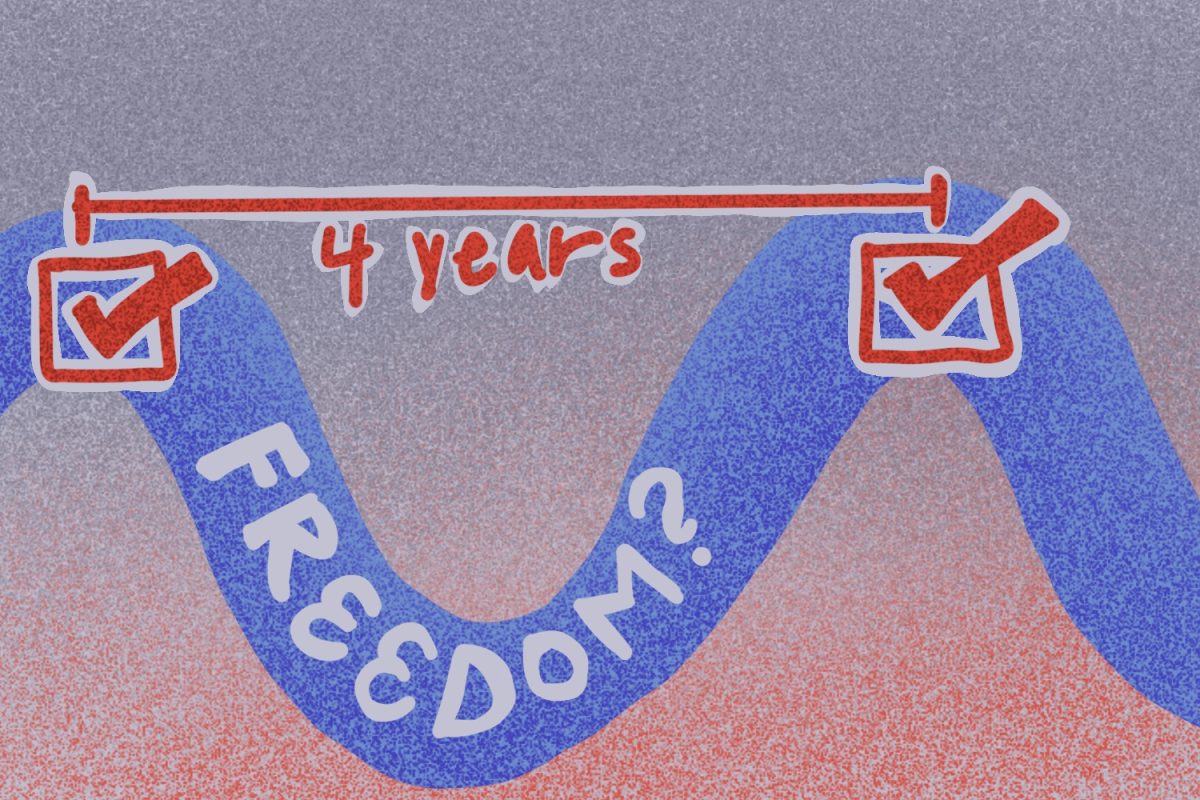Aspirations seem to come and go. In second grade, I brilliantly decided I was going to write the eighth “Harry Potter” book. To no one’s surprise (and everyone’s relief), I gave up after a few sentences. Years later, I decided I was going to write my own novel. I bought a laminated folder to hold all of the drafts and ideas I was absolutely going to create. But, that folder was the end of the pursuit. Dreams come and go. We imagine some amazing glory at the end of the road without much consideration for what actually has to go into it. And then, we move on.
At least, that’s what a lot of people solely associate with dreams: dream jobs, dream lives, dream successes. They tend to be brief phases of growing up or fleeting imaginations of what our lives will become: chef by day, crime-fighting detective by night, astronauts, marine biologists, veterinarians, superheroes — momentary goals for the space-obsessed toddler, the science-enthusiastic eighth grader, the 7-year-old who loves animals. Career paths cleanly match your interests, of course, until you realize that being a veterinarian doesn’t just involve petting giraffes and feeding aspirin to kittens with little coughs.
But that’s just the first version of dream jobs — the part that happens quickly and without much practical knowledge or understanding. There are definitely people who grow up to be exactly what they dreamed of being when they were in elementary school. Some who played with Band-Aids and braces grew up to be doctors, and some who loved gymnastics ended up in the Olympics. It can happen. But the problem is, it often doesn’t. Most people — I’m assuming — end up leading very different lives than the ones they laid out for themselves at the age of 9. So, the first definition of “dreams” becomes the unrealistic — maybe hilarious — career goals that often emerge at young ages.
However, the youthful association that comes with dreams can really damage the term. “Dreams” have become a somewhat cheesy, impractical concept. We view them with little merit and assume they won’t work out. When hearing about someone’s dream to become an actor, publish a book or become a politician, we tend to take it with a grain of salt, especially when someone is just beginning to pursue their dream. We often assume they won’t go far enough to actually be successful. Perhaps this is a result of the way we link dreams with phases of youth. Dreams are cute answers to, “What I want to be when I grow up” statements. They probably won’t happen, so why think twice about them?
This can make it very easy to be discouraged by our own goals. If we think of our aspirations solely as “dreams,” we assume they will never become reality. Dreams are dreams — they are not realistic. This mindset can cause us to let go of any goals that are out of our immediate control. We might shy away from life paths that are muddy or unclear, or careers that make less money or have a reputation for being impractical.
But there’s a difference between the kind of dream jobs we experiment with briefly and the kind we feel passionately connected to. Dreams change, and aspirations come and go. But when a dream lingers, becomes a part of your long-term goals and affects your daily decisions, it’s different than vaguely wanting to be an astronaut. They’re both dreams, but in different realms of passion and purpose.
So, dreams change. But they should change for the right reasons. If you want to do something else, then do it. But feeling discouraged by probable impracticality is no reason to change your goals entirely or feel defeated without trying. If it was, then we wouldn’t have any astronauts or actors or crime-fighting chef-detectives at all.
And then where would we be?






















































































































